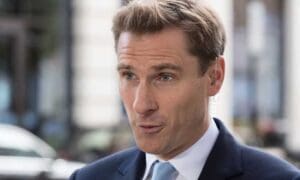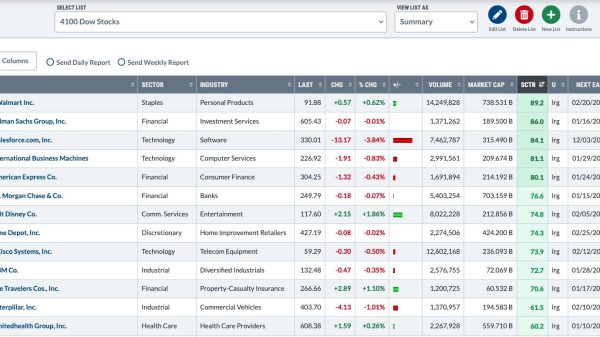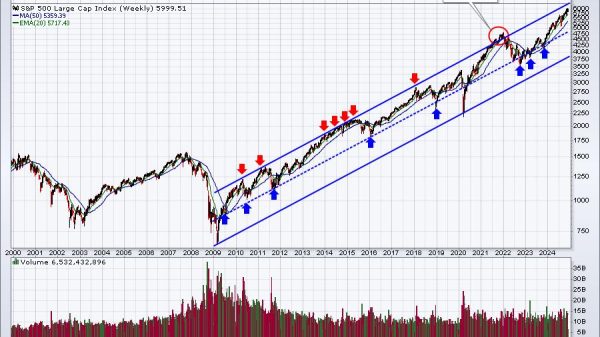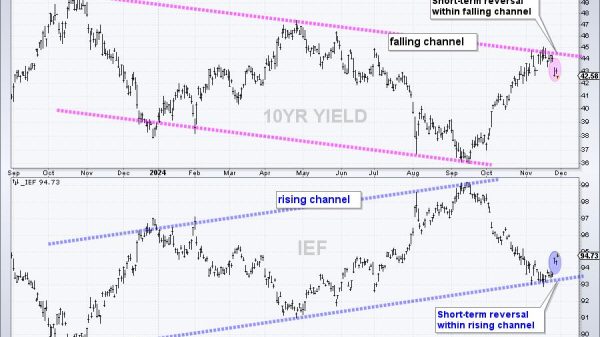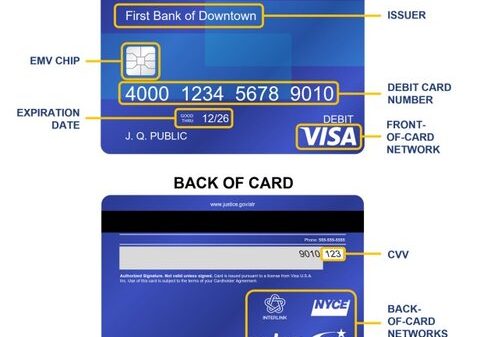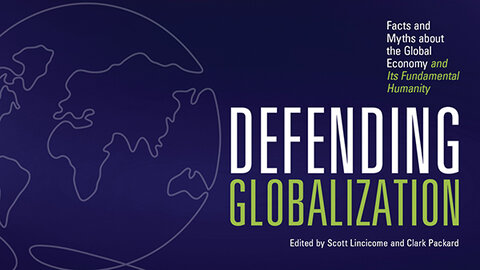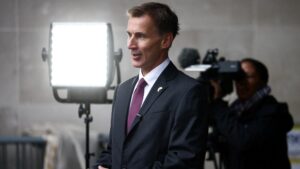Income tax revenues have leapt by more than 70 per cent since 2010 to £264 billion, illustrating the sharp rise in the tax burden overseen by successive Conservative administrations since the party came to power more than a decade ago.
Analysis of figures from HM Revenue & Customs has revealed that Rishi Sunak and Jeremy Hunt have been raising income tax receipts without actually lifting headline rates.
At the March 2021 budget, when he was chancellor, Sunak froze a handful of tax bands for several years, which has moved workers up the tax system amid a period of record wage growth. Since that policy was enacted, and then extended by Jeremy Hunt, income tax receipts have jumped by £49 billion, or just under a quarter.
Since 2010, when the Tories ousted Labour to enter No 10 via a coalition with the Liberal Democrats, income tax receipts have jumped by £113 billion, or 76 per cent.
Although this rise has been driven by a combination of the accumulative effect of inflation, a natural increase in the cash size of the economy and population growth, it is also a function of the Conservatives’ fiscal policy choices.
Philip Shaw, chief economist at Investec, said: “The income tax take has risen materially since 2009-10. However, it is important to put the figures into context. For example, GDP in cash terms has risen by 64 per cent over the same period. Moreover, 2009-10 was just before the era of austerity, which addressed the public finances after the financial crisis.
“The government allowed fiscal drag to claw back revenue as part of the fiscal consolidation process.”
Hunt and Sunak are under pressure from Conservative MPs to lower the tax burden, which is on course to reach a post-Second World War high, ahead of an expected autumn 2024 general election.
Last weekend, the chancellor said that a 2p reduction to national insurance that was announced in the autumn statement and that kicked in this month, was “the start of a process”, but he cautioned that he did not know yet if he could afford further tax cuts in his March 6 budget.
A fall in inflation to 3.9 per cent and lower market interest rate expectations could hand the chancellor anywhere between £15 billion and £25 billion to spend at the next budget, which is likely to be the last fiscal event before the next election, which must be held by January 2025.
Greater debt interest spending — caused by a steep rise in the cost of borrowing in the aftermath of the pandemic as central banks raise interest rates to tame inflation — has left the public finances in a fragile state. The prime minister and chancellor have tried to rebalance the public finances by lifting government revenues — freezing tax thresholds and thus pushing workers into higher tax brackets after receiving a pay increase in a process known as “fiscal drag”.
The freeze represents the single biggest tax rise since 1979 when Geoffrey Howe, the chancellor under Margaret Thatcher, nearly doubled the rate of VAT to 15 per cent.
According to separate figures from HMRC, this year there will be an additional 32 per cent of workers paying the higher 40 per cent rate of income tax compared with five years ago.
The Treasury said: “The average earner will pay £1,000 less in tax next year than they otherwise would have done, because of our cuts to national insurance contributions and above-inflation increases to starting thresholds since 2010.
“We are cutting taxes for hard-working people and our tax burden remains lower than any major European economy, with the cuts to NICs saving the average employee £450 a year.”
Germany, France and Italy all have higher tax burdens than the UK, according to latest data from the Organisation for Economic Co-operation and Development. Britain’s tax burden is similar to that of Poland and is slightly higher than the OECD average of 34 per cent.
Read more:
Income tax revenues soar to £264bn under a decade of Tories


